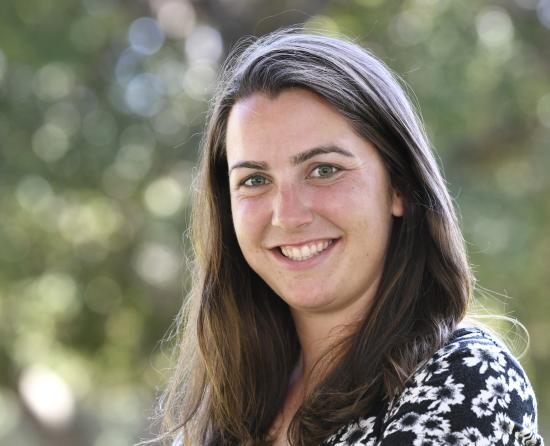Targeting Humanitarian Aid with Machine Learning and Digital Data
Emily Aiken
The vast majority of humanitarian aid and social protection programs globally are targeted, providing assistance to individuals or communities identified to be poorest or most in need. In low- and middle-income countries, the targeting of aid programs is often limited by low-quality, out-of-date, or missing data on poverty and vulnerability. Novel “big” digital data sources, such as those captured by satellites, mobile phones, and financial services providers — when combined with advances in machine learning — can improve the accuracy of aid program targeting.
In this talk, I will cover empirical results on the accuracy of these new data-driven and algorithmic approaches to aid allocation in Togo and Bangladesh, and will discuss emergent implications for fairness, privacy, transparency, and community dynamics.
This lecture will be held both online & in person. You are welcome to join us either in South Hall or via Zoom.
Speaker
Emily Aiken
Emily Aiken is a Ph.D. student at the UC Berkeley School of Information advised by Joshua Blumenstock.
She is interested in the application of computational methods to issues of economic development, global health, and sustainability. She is currently working on expanding machine learning methods for estimating poverty and other measures of well-being from digital trace data. Her past research has included deep learning methods for tracking disease outbreaks using Internet-based data sources and identifying missing people in social media streams using techniques from computer vision.
Emily received her B.A. in computer science from Harvard University. She is funded by a Microsoft Research Ph.D. Fellowship and is affiliated with the Global Policy Lab and Berkeley AI Research (BAIR).











